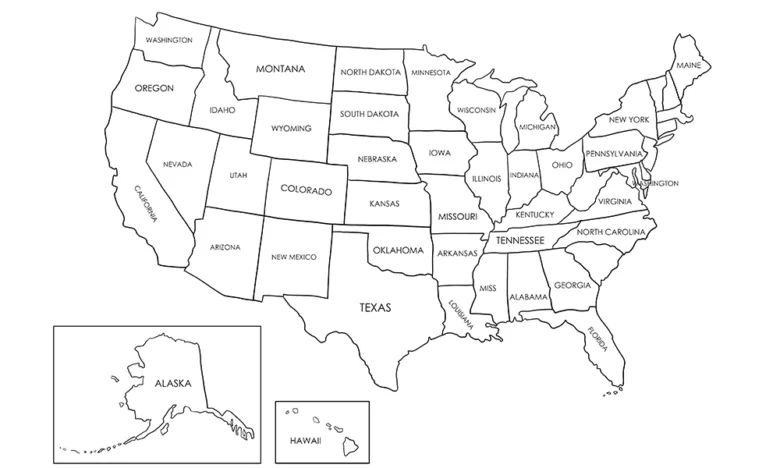
You’ve done the work.
You said goodbye to gluten. You passed on the cheese. You ditched sugar like it was your ex.
So why are you still bloated?
If you’ve tried cutting out all the common “trigger foods” and your belly is still puffy, gassy, or uncomfortable—you’re not alone. I see this all the time in women who’ve done all the right things but still feel off.
The truth? Elimination diets can help, but they don’t always get to the root cause. Let’s break it down.
Why Cutting Out Foods Isn’t Always the Solution
Food is just one part of the picture.
If your digestion isn’t working well—if your enzymes are low, stomach acid is weak, or your gut bugs are out of balance—even “clean” foods can feel like a battle.
And when you eliminate too much for too long? You may end up with a more fragile gut over time, because you’re not giving it what it needs to build resilience.
The Role of Digestive Fire, Enzymes & Microbiome Balance
In functional medicine, we look at “digestive fire”—your body’s ability to break down and absorb nutrients. When this fire is weak, even healthy food can sit too long, ferment, and lead to bloating.
Some common culprits?
- Low stomach acid: Needed to digest protein and kill off pathogens.
- Pancreatic enzyme deficiency: These help break down fats and carbs.
- Microbiome imbalance (dysbiosis): Overgrowth of the wrong bacteria can produce excess gas.
All of these can happen even if your diet looks perfect on paper.
How to Tell If Something Deeper Is Going On
Ask yourself:
- Do you bloat even when eating small portions?
- Do you feel full for hours after meals—or still bloated in the morning?
- Do you rely on coffee or laxatives to go?
- Is there fatigue, skin issues, or brain fog alongside the bloat?
These are all signs your digestion may be sluggish—and your gut may need support, not more restriction.
What to Do Instead of Another Restrictive Plan
Before you cut out one more thing, try adding support:
- Bitter foods before meals to boost digestive juices (like arugula or lemon water)
- Digestive enzymes (temporarily) to help your body break food down
- Probiotics or fermented foods to rebalance gut flora
- Liver support through foods like beets, dandelion, and leafy greens
- Stress management—because digestion starts in a calm state
And most importantly: get curious, not restrictive.
You deserve to feel good in your body—not constantly wondering what food will betray you next.
If your gut still feels off and you’re tired of guessing, I invite you to book a free discovery call with me. We’ll talk about what’s going on under the surface and map out a real path to healing.










